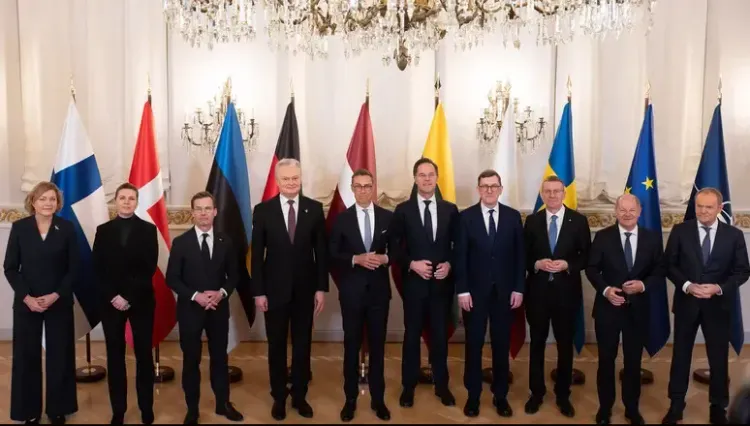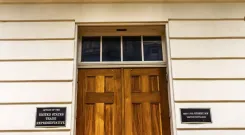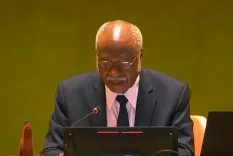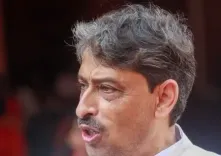NATO Enhances Baltic Security Amid Unverified Russian Fleet Claims

Synopsis
Key Takeaways
- NATO increasing Baltic Sea presence.
- Initiative named Baltic Sentry.
- Enhanced maritime surveillance and monitoring.
- Consequences for threats to critical infrastructure.
- No confirmed reports of Russian shadow fleet.
Helsinki, Jan 15 (NationPress) The North Atlantic Treaty Organization (NATO) is preparing to reinforce its presence in the Baltic Sea through an upgraded vigilance initiative, announced during a significant summit in Helsinki.
NATO Secretary General Mark Rutte revealed the strategy at the conclusion of the Baltic Sea NATO Allies Summit, which focused on enhancing security measures in the area, as reported by Xinhua news agency.
The initiative, named Baltic Sentry, is designed to boost maritime presence and monitoring in crucial alliance locations, Rutte elaborated. Vigilance in the Baltic Sea will be augmented by various resources, including frigates and maritime patrol aircraft.
Rutte emphasized that ship captains must recognize that any threats to critical infrastructure will lead to severe consequences, such as boarding, impounding, and arrest.
This decision follows media reports regarding a supposed Russian shadow fleet operating near the Baltic Pipe subsea pipeline.
The summit, convened at the request of Finnish President Alexander Stubb and Estonian Prime Minister Kristen Michal, included heads of state and ministers from Denmark, Germany, Lithuania, Poland, and Sweden, along with Henna Virkkunen, Executive Vice-President of the European Commission.
A joint statement released after the meeting outlined strategies to safeguard critical infrastructure and respond more effectively to threats posed by the purported Russian shadow fleet.
NATO intends to deploy advanced technologies to improve monitoring and surveillance of infrastructure and vessels allegedly linked to the shadow fleet.
However, when questioned about the media's claims regarding the Russian shadow fleet on Tuesday, Polish Prime Minister Donald Tusk informed reporters that he had not received any details concerning the shadow fleet.
On the same day, Pawel Wronski, spokesperson for the Ministry of Foreign Affairs, stated that the ministry had no information about any shadow fleet vessel near the Baltic Pipe subsea pipeline.









